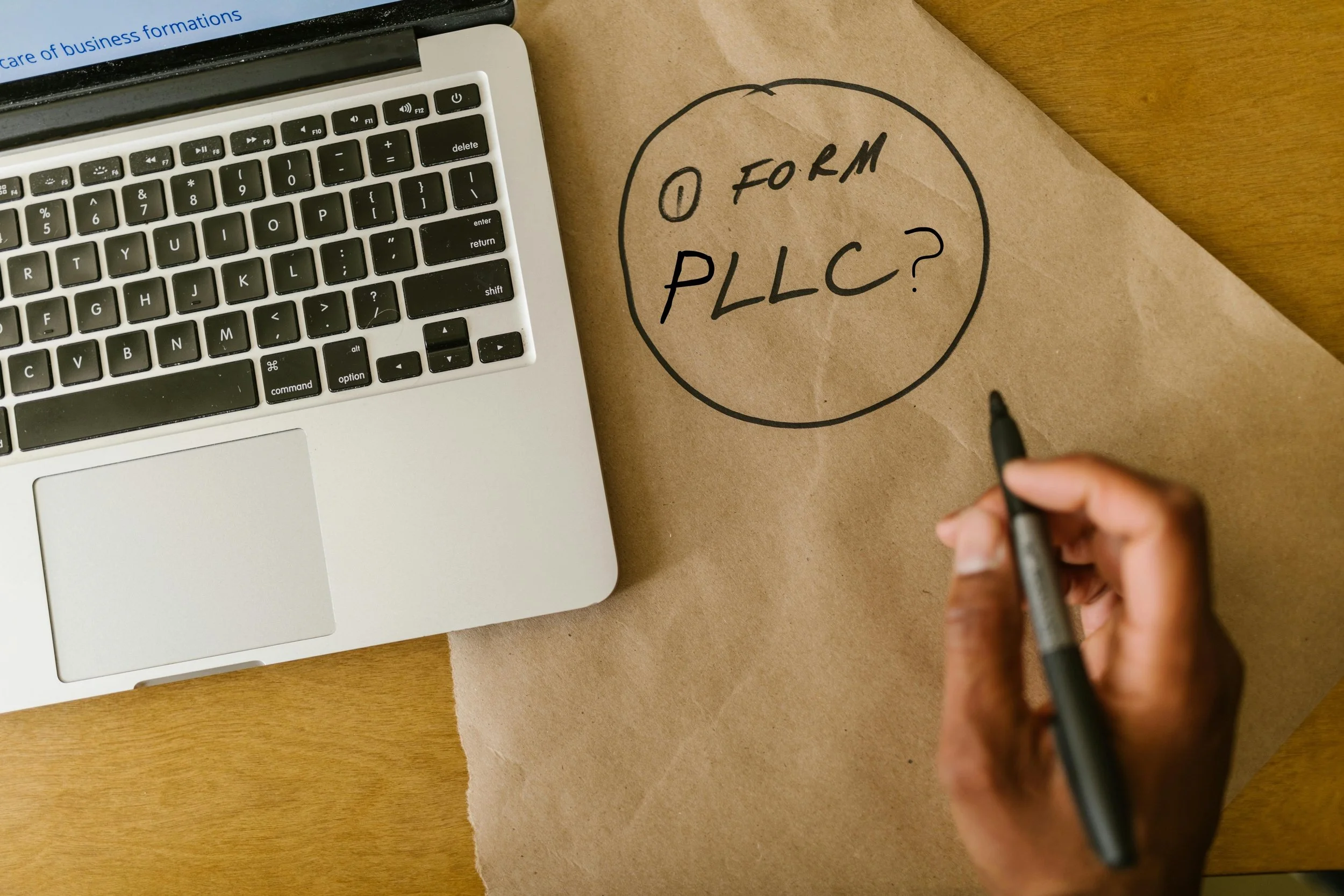Ten Tips for a Successful Naturalization Interview with USCIS.
For individuals seeking to naturalize and become U.S. citizens, assuming you are otherwise eligible, the entire process culminates with the Naturalization interview before USCIS. At the interview, a USCIS immigration officer will review your N-400, Application for Naturalization, and go over your responses to each question.
In addition, they will conduct the English language exam (unless you qualify for an exemption) and the Civics exam (unless you qualify for an exemption). If you meet all the eligibility requirements and pass the english and civics exam, you will typically be notified of your application approval or denial after the interview has ended. As a resource for our clients, we provide the below ten tips prior to the interview, so that they are best prepared for a successful interview process.
Below are our ten tips for a successful naturalization interview with USCIS:
Always tell the truth.
Listen carefully to the questions that the officer is asking. If you are not certain that you understand what the officer is asking, do not answer the question. Tell the officer that you did not understand the question and ask the officer to repeat or explain the question.
If you do not know the answer to a question, the most honest answer is to tell the officer that you do not know the answer or do not remember the answer. The officer will probably ask you to take your best guess, at which point the officer will know that you are not sure about the answer, and if you provide incorrect information, it is less likely that the officer will think that you are trying to lie or hide information.
When the officer is asking you the questions from the Civics Examination, if you are having trouble remembering an answer, it is still better to take your best guess rather than just say “I don’t know” because you might actually remember the answer and guess correctly.
Only answer the questions that the USCIS officer asks. As a rule, you should not volunteer information that wasn’t asked for by the USCIS officer. Keep your answers short. You should not give overly long answers or “ramble on.” However, if a simple short answer does not fully answer the USCIS officer’s question, you should use your best judgment in giving a longer answer.
Be familiar with your application. Take the time to review your application carefully prior to the interview. Most of the questions that the USCIS officer will be asking at the interview will come directly from the application. The more familiar you are with the questions on the application, the more comfortable you will be during the interview.
While you are reviewing the application in preparation for the interview, if there are any mistakes on the application or if information needs to be updated, you must provide the correction or updated information at the time of the interview. You should NOT lie in the interview to match the mistaken information on your application. If there is a mistake on the application, the interview is the time to correct that mistake.
If you need to refer to a document or a record to answer the question completely, it is okay to say, “I need to look at my documents.” For example, if you do not have your social security number memorized, you can bring your social security card with you to look at it during the interview. (Exception: You cannot look at any answers while taking the Civics Examination).
Dress nicely. For example, do not wear a t-shirt, jeans or shorts. Dress in “business casual” or nicer attire.
Bring your interview appointment notice. Bring all your original documents. Bring translations of any documents not in English. Bring one copy of each of your documents. Make sure you have your documents arranged in a folder, envelope, etc., so that you are comfortable knowing where each of your documents is located within the folder.
If you have any questions about the Naturalization process or the Naturalization interview, please do not hesitate to contact us and set up a consultation with one of our qualified immigration attorneys, who are best suited to advise you on these matters.
Disclaimer: This blog post and similar posts are not to be considered as providing legal advice. The discussion here is meant for educational and informational purposes only and shall not create an attorney-client relationship with the readers of this content.
tags
- 90 Day Rule 1
- Addendum 1
- Adjustment of Status 15
- Advance Parole 1
- Affidavit of Support 1
- Americans with Disabilities Act 1
- Attorney-Client Privilege 1
- Attorney-Client Relationship 1
- Background Checks 1
- Bargaining Power 1
- Bars to Adjustment of Status 1
- Board of Directors 1
- Bona Fide Marital Relationship 3
- By-laws 1
- CIMT 1
- Certificate of Authority 1
- Certificate of Citizenship 1
- Child Citizenship Act of 2000 1
- Commercial Leases 1
- Conditional Green Card 6
- Confidentiality 1
- Consular Processing 3
- Consulting Agreements 1
- Continuous Residency 1
- Contract Clauses 9
- Contract Negotiation 6
- Contracts 12
- Coronavirus 4
- Corporations 6
- Correcting Errors 1
- Crime Involving Moral Turpitude 1
- Crime Victims 6
- DACA 1
- Dissolving LLCs 1
- ESTA 1
- Employees 3
- Employers 3
- Expanded Family/Medical Leave 1
- FOIA Requests 1
- False Claim to U.S. Citizenship 1
- Fiancé Visa Interview 1
- Fiancé Visas 10
- Force Majeure 2
- Foreign PLLCs 2
- Freedom of Information Act 1
- Good Moral Character 7
- Green Card Interview 2
- Greencard 17
- I-129F 1
- I-130 Application 3





